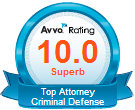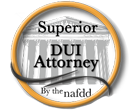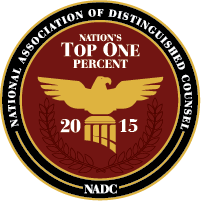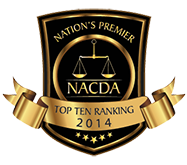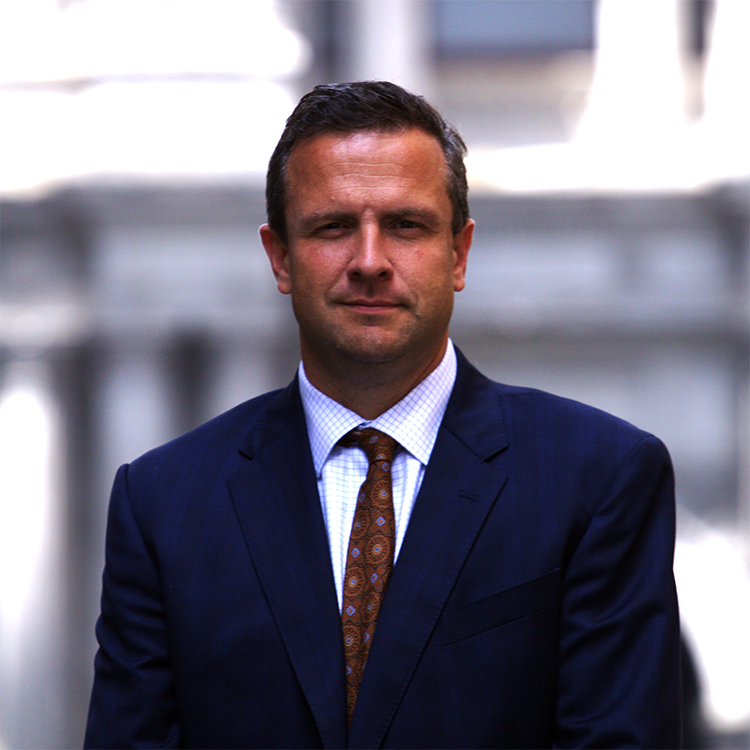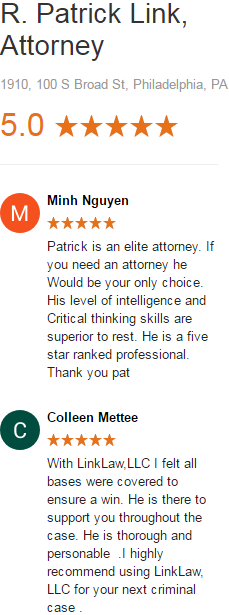There may be no more difficult task for a defense attorney than confronting eyewitnesses with a mistaken, but sincere belief that their testimony is accurate. There is no greater cause for wrongful convictions than mistaken identifications.
Witnesses Are Not Always Emotionally Fit…
At trial, the DA brought the cute little girl (now 4 years old) into the courtroom to display the scars she has.
In a recent case, my client was charged with shooting a baby after allegedly misfiring at the intended target (although the target was struck once in the leg as well). After tugging on the jury’s heartstrings, several eyewitness, who were all related to the baby, pointed across the courtroom and identified K.G. as the shooter. The witnesses all knew K.G. from the neighborhood, and during their testimony they sobbed openly and asked K.G. why he did it.
It was an emotional scene
In addition to the shooting my client was charged with, the evidence showed that family members of the intended target hunted K.G. down 30 minutes after the initial shooting and shot my client six times. Why would this have happened if K.G. wasn’t the shooter, asked the prosecution?
There were numerous issues in the case that didn’t make sense.
- The intended victim from the outset told police he didn’t know who shot him. Although the prosecution relied heavily on the anti-snitch culture to explain away the lack of an ID from him, the defense introduced evidence that showed that K.G. and the intended target were close friends.
- The intended target ran to K.G.’s house after the shooting for help. The defense produced a 911 call that verified that K.G.’s mom was the one who phoned police! If K.G. was the actual shooter, why would the victim run to K.G.’s house?
- It was also established that two more attempts were made on the life of the intended victim, while K.G. was in jail.
- There was a lack of any scientific evidence linking K.G. to the shooting. No gun was ever recovered, despite the fact that K.G. was found shot just 30 minutes later. And the police inexplicably failed to recover the clothing K.G. was found in, which could have been tested for gun shot residue, or at the very least corroborated the description initially given of the shooter.
It was clear when the eyewitnesses testified that they honestly believed what they saw
During cross examination, defense counsel was able to establish that the witnesses had no longer than a single second to conclude that the shooter was K.G. While they may have honestly believed that they saw K.G. shooting, the defense was also able to establish at trial that the witnesses had materially changed their testimony on several occasions to aid the prosecution. One of them had even lied about how well she had known K.G., saying she went to school with him when defense investigation of school records showed that they had not.
The end result of this case was a not guilty verdict on all charges.
Would the result had been the same if some of the favorable factors mentioned above not been present?
For an attorney who truly believed in his client’s innocence, its a scary question to ask.
A New Precedent for the Defense
Exactly one week after this verdict, in Commonwealth v. Walker, the PA Supreme Court issued a landmark ruling that opens the door for defense attorneys to attack identification testimony in a way that has never been allowed previously. In Walker, Pennsylvania now joins 46 other states that allow expert testimony from the defense when certain factors are present in an identification case.
For now, an expert may inform a jury of certain “scientifically proven facts” such as:
- The phenomenon of weapons focus (where the presence of a weapon during an event impairs eyewitness memory)
- The reduced reliability of identification in cross-racial identification cases
- The significantly decreased accuracy in eyewitness identifications in high-stress/traumatic criminal events
- Increased risk of mistaken identification when police investigators do not warn a witness, prior to viewing a photo array or line up, that the perpetrator may or may not be in the display
- The lack of strong correlation between witness statements of confidence and witness accuracy
While the Supreme Court strongly hinted that expert testimony will not be allowed in ALL identification cases, especially where there is corroborating evidence, this is an enormously positive step for individuals who are wrongfully accused in criminal cases.
I look forward to writing a blog in the near future where an expert saves the day in such a case.

